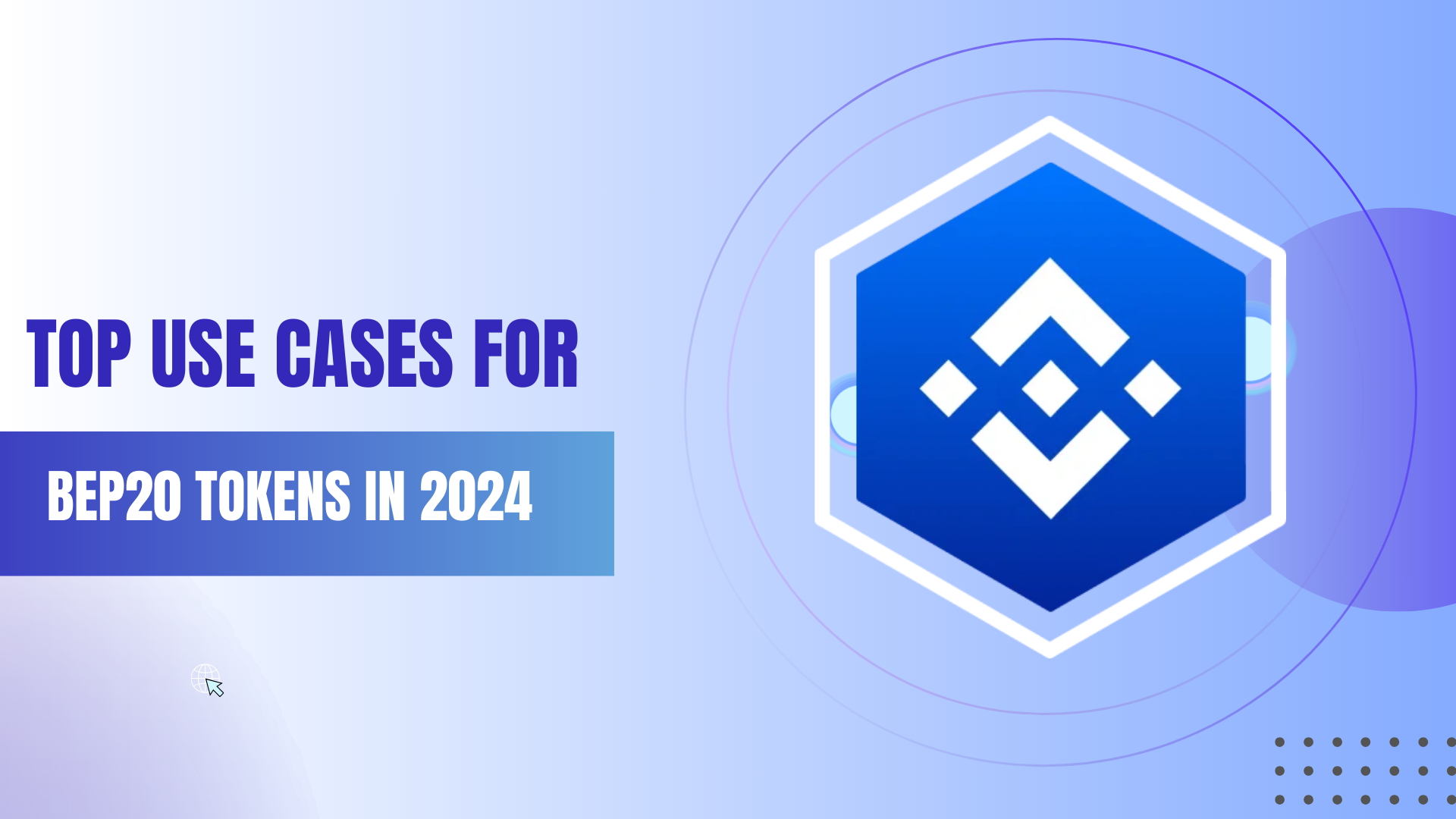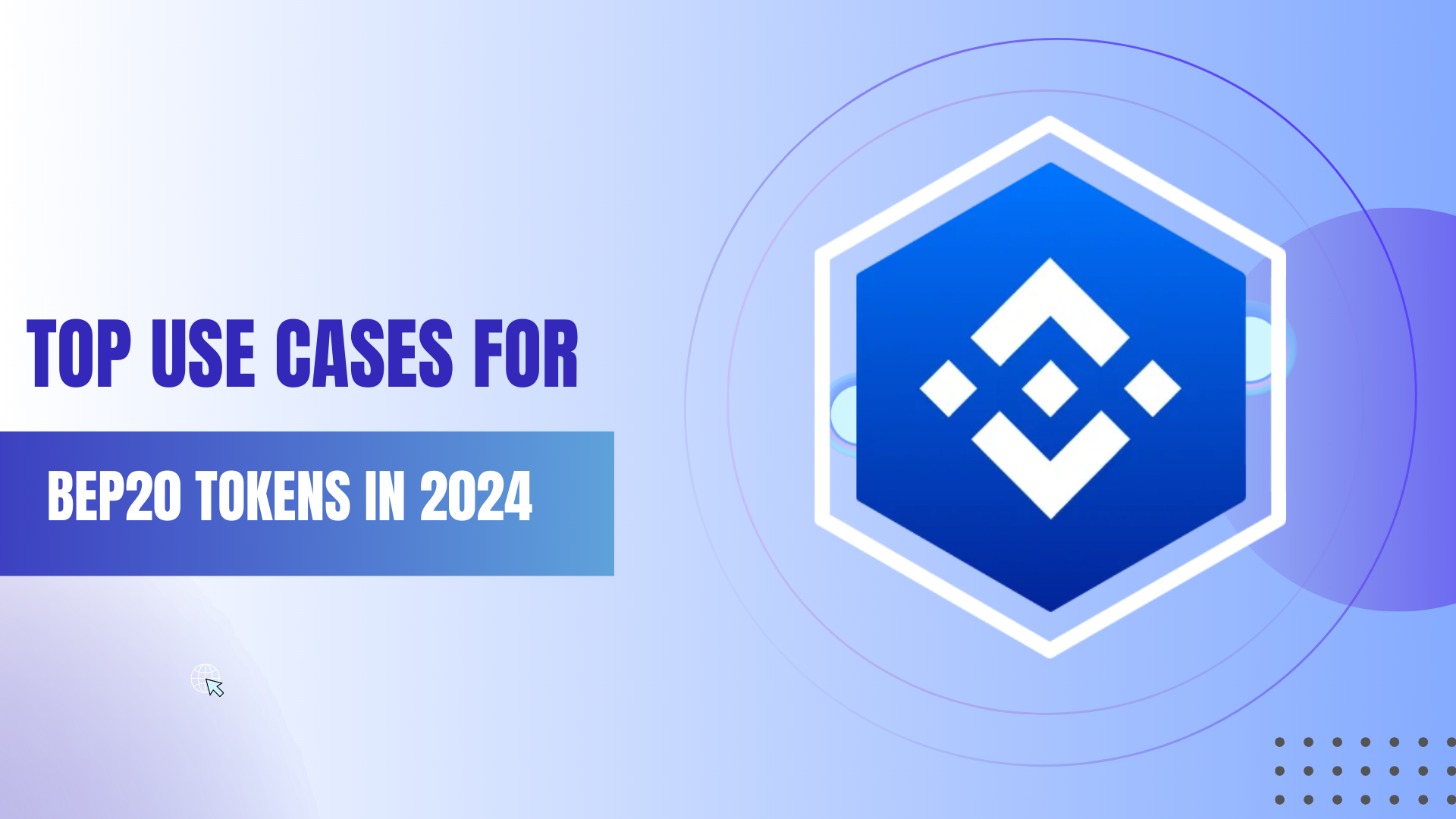 White Hat Link Building – Safe. Powerful. Long-Term.
White Hat Link Building – Safe. Powerful. Long-Term.
ERC20 Tokens: What Are They and Why Are They Important in the Crypto Industry?
Written by Alya » Updated on: June 17th, 2025 263 views


Introduction
In the fast evolving world of cryptocurrency, ERC20 tokens are the fundamental element for blockchain projects. They are the same thing as the Ethereum blockchain and made it possible for new tokens and decentralized apps (dApps) to be made. What are ERC20 tokens and why are they so significant in the cryptocurrency industry? This journal is dedicated to dispelling the enigma surrounding ERC20 tokens by examining their nature, functionality, and significance within the cryptocurrency ecosystem.
What are ERC20 tokens?
Ethereum Request for Comment 20 (ERC20) is a protocol that is employed to propose and implement new features on the Ethereum network. In simplified terms, ERC20 tokens facilitate the creation and management of digital assets on the Ethereum blockchain. They adhere to a specific set of regulations that facilitate uniformity, thereby simplifying the development of dApps and other blockchain projects for developers.
Key Features of ERC20 Tokens
- Fungibility: ERC20 has fungibility because every token is a token of the same kind and one can be exchanged for another. This makes ERC20 tokens suitable for creating currencies or assets that need to be exchanged without any difference between units.
- Smart Contract Compatibility: ERC20 tokens can interact with smart contracts to facilitate automations such staking, voting, or borrowing in Decentralized Finance (DeFi).
- Interoperability: This implies that whenever a new token, for instance, implements ERC20, it means it can be easily adopted by all the exchanges, wallets among other useful platforms. That is why ERC20 tokens are highly liquid and accessible to a relatively wider number of people as compared to those of other models.
- Customizable: Although ERC20 token development follows this standard, developers are able to include additional functionalities for items such as minting new tokens or the burning of tokens as they see fit for use with specific applications.
How Do ERC20 Tokens Work?
ERC20 tokens operate on the Ethereum blockchain, which uses smart contracts to govern the behavior of these tokens. The smart contracts define specific functions and requirements for ERC20 tokens, such as:
totalSupply(): This function sets the maximum number of tokens that can be created.
balanceOf(): It returns the balance of tokens for a given address.
transfer(): It allows token holders to send tokens to another address.
approve(): This function allows an account to approve a third-party to spend tokens on their behalf.
transferFrom(): It enables the transfer of tokens from one address to another using a previously granted approval.
allowance(): This function returns the remaining tokens that a spender is allowed to transfer on behalf of an owner.
These rules ensure that the tokens operate uniformly, enabling efficient transactions and interaction between dApps and the blockchain.
Why ERC20 Tokens Matter in Crypto
- The Foundation of ICOs and Token Sales: Most of the cryptocurrency projects that mobilize funds use Initial Coin Offerings (ICOs) to issue ERC20 tokens. These tokens signify ownership in a particular project, use of a particular service, or managerial control within a particular platform. This standard has facilitated the generation of tokens to an unprecedented extent, prompting numerous individuals to initiate their own tokens through Initial Coin Offerings (ICOs) and the establishment of blockchain-based organizations.
- Decentralized Finance (DeFi): DeFi applications can be identified to depend greatly on ERC20 tokens. Big DeFi platforms such as Uniswap, Aave, and Compound primarily use ERC20 tokens for lending, borrowing, trading and yield farming.
- Liquidity and Exchange Listings: Most cryptocurrency exchange platforms accept tokens based on the ERC20 standard, so these coins are easily accessible for purchasing, selling, or trading operations. The high liquidity of all tokens based on ERC20 standard also guarantees demand throughout the crypto space.
- Non-Currency Use Cases: ERC20 tokens have mostly found their niche in terms of currency utilities but the utility is not limited to finance. For instance, projects can use erc20 tokens for other features such as use of assets in games, incentives in a loyalty program as well as voting rights in Decentralized Autonomous Organizations (DAOs).
- Interoperability with Ethereum Ecosystem: Being constructed on Ethereum as a base, ERC20 tokens inherit all the advantages of Ethereum, including security, personnel, and facilities. This makes it really flexible for ERC20 tokens and synchronization with other improvements like Layer 2 scaling solutions.
Advantages of ERC20 Tokens
- Widespread Adoption: The most recognized in the blockchain industry is the ERC20, it offers tokens the ability to interact with a wide array of exchanges, wallets, and dApps.
- Ease of Development: Due to Ethereum‘s constantly growing toolkits and solid smart contract platforms, the developers are enabled to develop ERC20 tokens and deploy new projects and ideas with little time.
- Interchangeability: ERC20 tokens are compatible with other platforms, without the need for extra changes, making it possible for tokens to easily communicate with decentralized services.
- Security: Creating ERC20 tokens are protected from fraud, hacks or manipulation attributable to Ethereum’s sound development platform and comprehensive smart contract security mechanisms.
Conclusion
With the continuous development of Ethereum, the ERC20 tokens have appeared as the financial standard for the creation and management of tokens. They are widely used and fairly universal and as such, are an indispensable part of the overall crypto landscape allowing for everything from ICOs to DeFi and beyond. While issues such as scalability and competition from other token standards were recorded with the use of ERC20 tokens, they have remained a major foundation of blockchain advancement and played a major part in the development of decentralized applications.
Note: IndiBlogHub features both user-submitted and editorial content. We do not verify third-party contributions. Read our Disclaimer and Privacy Policyfor details.
Copyright © 2019-2025 IndiBlogHub.com. All rights reserved. Hosted on DigitalOcean for fast, reliable performance.















